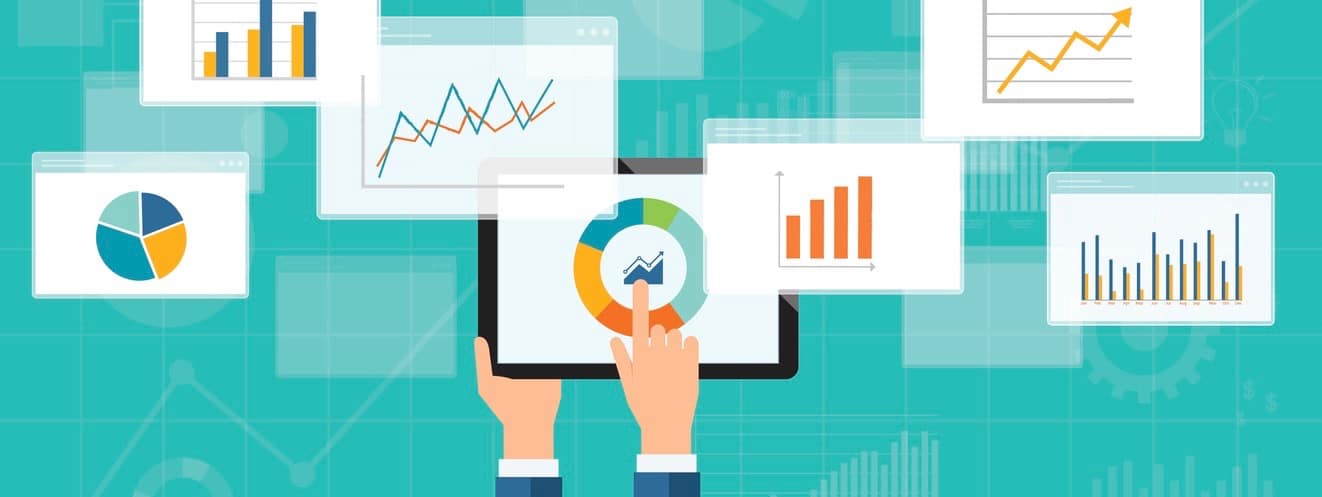In today's digital age, the sheer volume of visual data generated daily is staggering. From medical imaging and autonomous vehicles to augmented reality applications, the need to interpret and extract meaningful information from images has never been greater. Enter the realms of Image Processing and Computer Vision – two interconnected fields that are revolutionizing industries and reshaping our understanding of visual data. In this blog post, we'll delve into the intricacies of Image Processing and Computer Vision, exploring their significance, applications, and transformative potential.
Understanding Image Processing
At its core, Image Processing involves manipulating or enhancing digital images using various algorithms and techniques. It serves as the foundation for Computer Vision, providing the tools needed to preprocess and optimize images for subsequent analysis. From basic operations like resizing and filtering to more advanced tasks such as segmentation and image restoration, Image Processing plays a pivotal role in ensuring the quality and relevance of visual data.
The Power and Promise of Computer Vision
While Image Processing focuses on individual images, Computer Vision takes a broader perspective, aiming to replicate human vision and perception capabilities. By harnessing the power of artificial intelligence and machine learning, Computer Vision algorithms can identify objects, recognize patterns, and even understand context within visual data. This transformative capability has opened doors to a myriad of applications across industries, from healthcare and automotive to retail and entertainment.
Applications Across Industries
Healthcare
In the realm of healthcare, Computer Vision is driving advancements in diagnostic imaging, aiding in the early detection of diseases and anomalies. From MRI and CT scans to microscopic images, Computer Vision algorithms can analyze and interpret visual data with remarkable accuracy, assisting healthcare professionals in making informed decisions and improving patient outcomes.
Autonomous Vehicles
The automotive industry is another sector where Computer Vision is making waves. Autonomous vehicles rely on Computer Vision systems to perceive and navigate the surrounding environment. By processing data from cameras, LiDAR, and other sensors, these systems can identify obstacles, recognize traffic signs, and make real-time driving decisions, paving the way for safer and more efficient transportation solutions.
Retail and E-commerce
In retail and e-commerce, Computer Vision is enhancing the customer shopping experience and streamlining operations. From personalized recommendations based on visual search to automated inventory management and checkout processes, Computer Vision technologies are reshaping the retail landscape, driving efficiency, and fostering innovation.
Challenges and Considerations
While the potential of Image Processing and Computer Vision is vast, it's essential to recognize and address the challenges inherent in working with visual data. Issues such as data privacy, algorithm bias, and computational complexity require careful consideration and ethical deliberation. By fostering collaboration between technologists, policymakers, and stakeholders, we can harness the benefits of Image Processing and Computer Vision responsibly and ethically.








